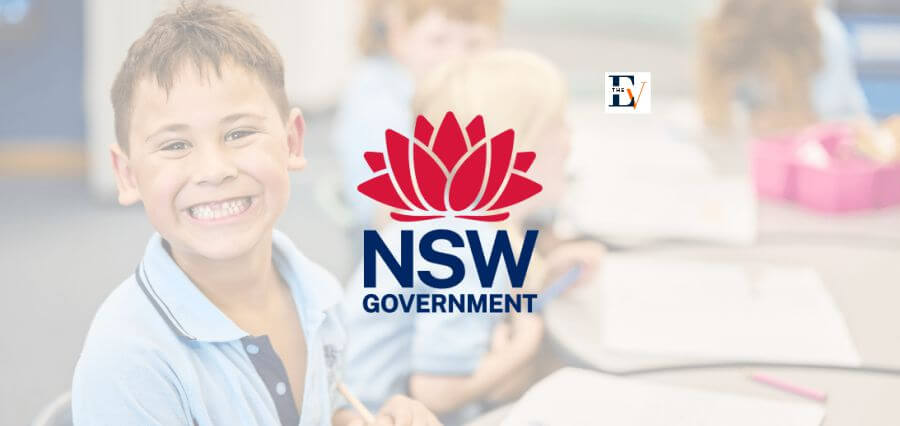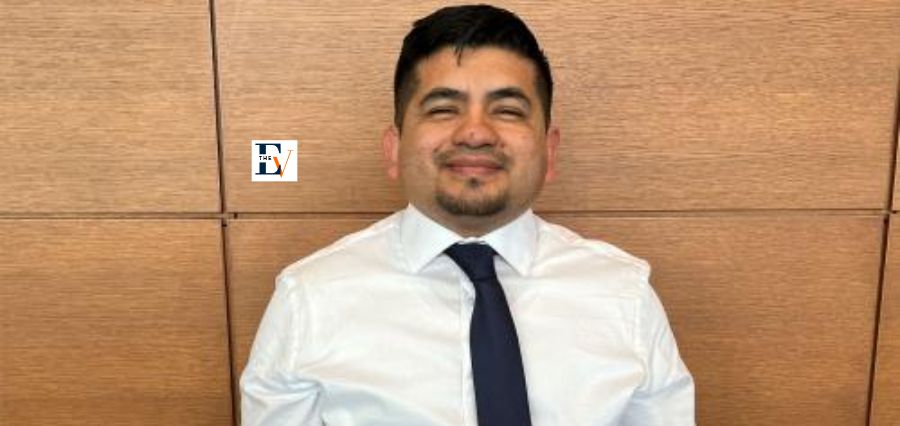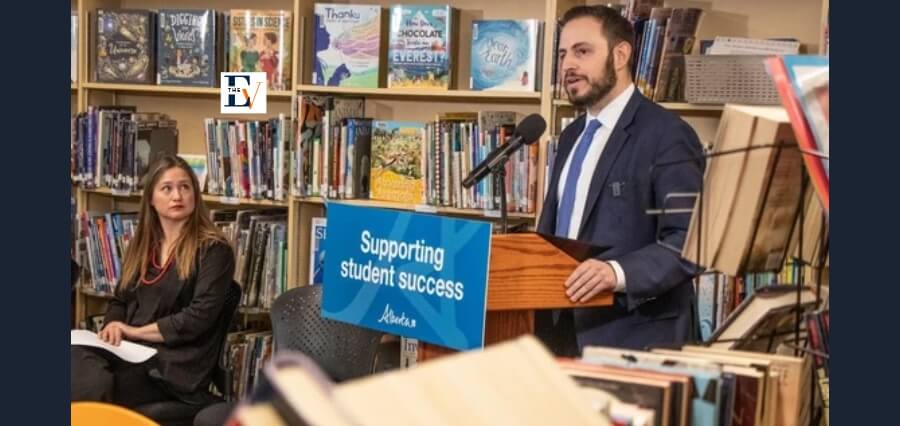Autism, a neurological condition that affects communication and social interaction, can pose unique challenges for individuals and their families. For this reason, specialised schools that cater to the needs of children with autism have become increasingly important.
The Academy for Severe Handicaps and Autism (ASHA) is a shining example of an institution that is dedicated to providing exceptional care, education, and therapy to children with autism. Under the abled leadership of Jayashree Ramesh, the Director of ASHA, the organization provides comprehensive assessments, early intervention programs, individualised curriculums, vocational training, and supportive therapies.
Jayashree started the trust in 1995, and now, with more than three decades of experience, ASHA has helped her understand the needs of the community and develop a strong network with like-minded organisations and individuals. Despite the challenges, Jayashree finds satisfaction in her work and feels she is meaningfully utilising her time.
The Inspirational Journey
Since its inception, ASHA has been serving children and their families. Starting with children from the age of 3 years to 18, it has refined its programs to cater to younger and older children. It added vocational services and early intervention programs along with primary education to their services. To evaluate the outcomes of the children clearly, it also built a robust technical team.
Today, ASHA offers young adult services with a focus on empowering families. They provide a holistic approach to learning with focus on independent living skills and co-curricular activities apart from academics. It focuses on each child individually through its individualised education program (IEP) and has adequate human resources for support, including teachers, teacher’s aids, doctors, psychologists, and therapists. With nearly 50-plus staff, the academy works with a group of about 85 children, providing technical and other assistance.
ASHA has been striving to address the critical needs of families with children who have autism. It has added services and is exploring the use of technology to help these children reach their potential and secure better futures, including opportunities for employment. The organisation has worked hard to keep up with regular education curriculums, including India’s Right to Education (RTE) program.
Despite the challenges of running an organisation like this in the current state of affairs, ASHA has been fortunate to receive excellent support from donors and families it has served. The academy is continuing to strive for better outcomes and improvements each year to serve its students and their families better.
Embracing Diversity and Empowering Individuals
At ASHA, the mission is to provide the right environment for every child to reach their maximum potential. The organisation believes every child can learn and aims to create an environment supporting their growth. ASHA has a mission statement that reflects this goal.
The core values at ASHA include respect for every individual involved in the system. This includes the children who may not be able to communicate in traditional ways but are still valued and engaged at a level that suits them best. Through parent training and the early intervention mother-child program where mothers work with the child under the guidance of the therapists, ASHA believes in a tripartite approach where the community, the family, and the professionals work together for the benefit of the child. These values guide the organisation’s programs for children.
Empowering Families and Embracing Challenges
ASHA has been in operation for 27 years and has achieved a number of noteworthy accomplishments. ASHA recognises that survival and longevity in special education is a remarkable achievement in itself, not just for the organisation but for any institution working in this area.
In addition, the organisation has gained technical expertise and scientific knowledge about the condition of autism, which allows it to provide families with guidance on what to expect as their children with autism grow and develop. The academy understands the needs of individuals with autism and can guide families in making decisions that will promote independence for the individual.
Overcoming Challenges in Special Education
ASHA has faced and continues to face numerous challenges in its efforts to provide support and education to individuals with autism and their families. One of the most significant challenges is the need for more trained teachers and specialised human resources in the field of special education.
In India, there is a need for a greater number of universities to offer special education as a stream of study, as well as for the field of special education to be recognised as a professional employment opportunity.
The need for more trained special educators in India remains a major obstacle for the ASHA, as well as for other organisations and institutions working in the field of special education. While the organisation continues to work towards addressing this challenge, it remains a significant barrier to ensuring that all individuals with autism in India receive the support and education they need.
Empowering through Engagement
ASHA offers a variety of extracurricular activities to engage students in addition to its academic curriculum. These activities include comprehensive assessments through eclectic and standardised assessment protocols to identify learning problems.
The Early Childhood Intervention Mother and Child Program provides individual and group therapy for children under the age of six, with mothers being considered the primary therapists. The program also includes speech and physiotherapists as well as a counsellor to help mothers manage the stress associated with raising a child with learning problems.
Additionally, pre-vocational training is provided to children between the ages of 12-18 years, including making different products, painting, needlework, cooking and baking, shopping, housekeeping, block printing, and data entry. Advanced skills are taught through on-the-job experience gained by visiting enterprises in the community.
To support families in understanding their child’s difficulties, the academy offers short-term training, workshops, and counselling sessions. The academy also provides various therapies such as speech therapy, physiotherapy, dance, yoga, music therapy, and art therapy to help students with different learning challenges.
A Crossroads of Inclusion and Support
Looking into the future of ASHA, it appears to be at a crossroads as it is impacted by the current state of general education on a larger platform. It is uncertain how the policies and laws will be implemented in every state and if the educational institutions will take them seriously. Despite the Rights of Persons with Disability Act stating that inclusion and equal opportunities should be provided, it still remains a distant dream.
However, there are stories of more schools becoming inclusive, and if a proper inclusive education policy can be defined, the role of special schools may change. The special schools could become facilitators and provide additional help for the children who require it. It would also be a great opportunity for mainstream students to learn alongside children with disabilities and develop empathy for a more diverse education system.
The future of special schools depends on how the law will take its course and how progressive states will start making changes. The government may decide to eliminate special schools altogether and have children be part of mainstream schools while special schools become training grounds for parents and early intervention. Regardless of the changes, children with diverse learning needs must be educated, and it is the role of education in schools in general, whether special or mainstream, to provide for them.
Uncovering the Truth about Autism Spectrum Disorders
One of the frequently asked questions to Jayashree Ramesh is whether autism is really on the rise and if there are more children on the autism spectrum. Although there is no conclusive data, clinicians and professionals who diagnose and work with these children have observed an increase in autism cases.
However, without proper data, it is difficult to make informed policies and provide the necessary support for families and individuals with autism. This is where the government could play a crucial role by investing in technology and research to gather data on the current number of diagnosed cases and the overall prevalence of autism in the country. Accurate data would allow for more effective policies and interventions to better serve and support individuals with autism and their families.
Embracing Differences
When asked what advice Jayashree Ramesh would give to special students or their parents globally, she stated that they should seek the correct assistance if they notice any differences in their child’s development. Although it can be anxiety-inducing and scary, addressing the issue early on can help overcome many challenges.
Jayashree also advises parents to think differently and come up with alternative solutions for their children instead of only following the regular trajectory of school, college, job, marriage, and family. She emphasised that life can still be beautiful and meaningful even if it is different from the norm.
Jayashree also encouraged parents and individuals with disabilities to speak up and become advocates, sharing their stories to raise awareness in the community. She stated that as a society, it is our responsibility to tackle the issues and create policies supporting individuals with disabilities. Jayshree concluded by urging people not to give up and to start thinking differently.
Read more: click here






